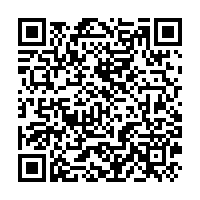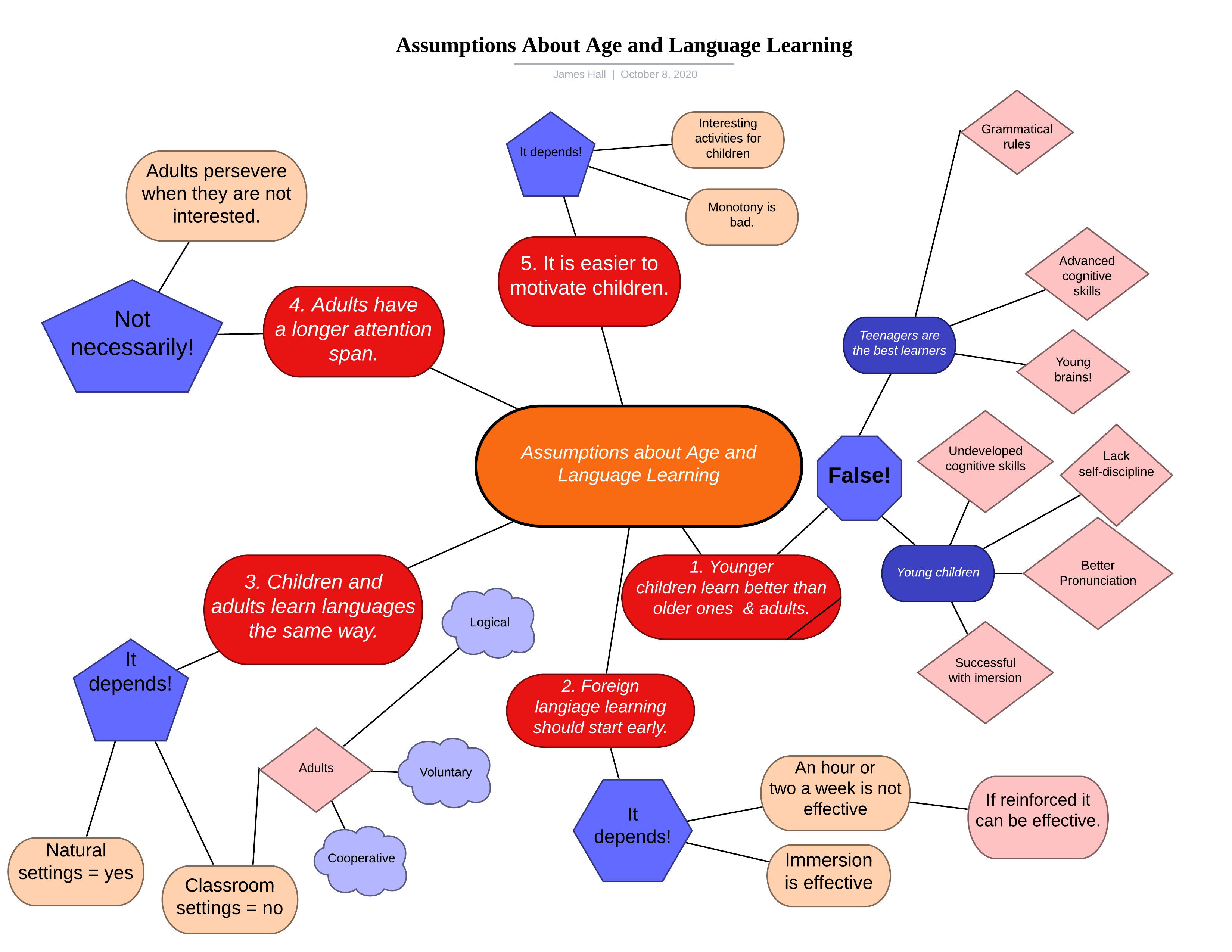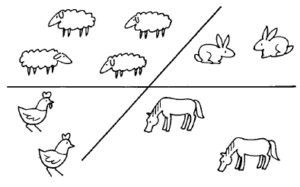
Overview
Today, we will learn about the characteristics of young learners. We will consider, how is teaching young learners different than teaching adults? Next, we will review the three essential conditions of language learning and the one desirable condition. As teachers, it will be your jobs to provide these conditions!
Goals:
- Recognize the unique characteristics of young learners.
- Recognize the essentials ingredients for teaching a foreign language.
I Ice Breaking:

II Word Practice
James will go over the words. After, practice the words with a partner.
III Discussion
In pairs, please discuss what you think the answer to the following statements is (from Ur, 1999, p.130)
- Younger children learn languages better than older ones; children learn better than adults.
- Foreign language learning in school should be started at as early an age as possible.
- Children and adults learn languages in the same way.
- Adults have a longer attention span than children.
- It is easier to interest and motivate children than adults.
IV Three Essential and One Desirable Components for Language Learning
- Exposure
- Use
- Motivation
- Instruction
V Evaluating Teaching Activities
Do you think these activities provide examples of exposure, use, or motivation?
| Exposure | Use | Motivation | |
| What number have I got? | |||
| Abre la puerta (Open the door) | |||
| Complete the picture | |||
| Animal farm |
Materials for Activities
Abre la puerta picture
Abre la puerta words
Animal Farm
Reflection
Please write a self introduction. What are your interests and dreams for the future? Discuss your experience learning English in elementary school. Do you think that you had chances for exposure and use? Were you motivated to try hard during foreign language activities?
References
- Ur, P. (1999). A Course in Language Teaching. Cambridge: Cambridge University Press.
- Phillips, S. (1993). Young Learners. Oxford University Press.
- Puchta, H. & Elliot, K. (2017). Activities for Very Young Learners. Cambridge University Press.



I can learn skill of English education when I will be teacher.